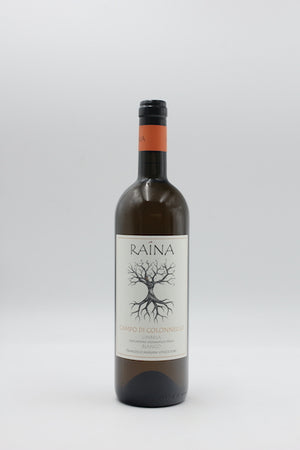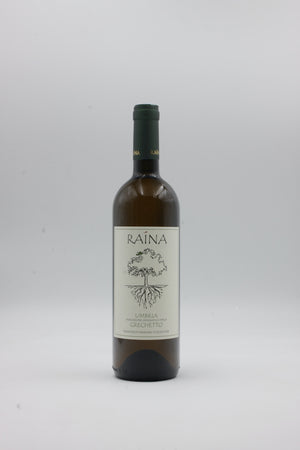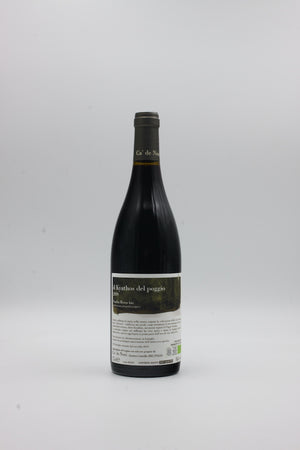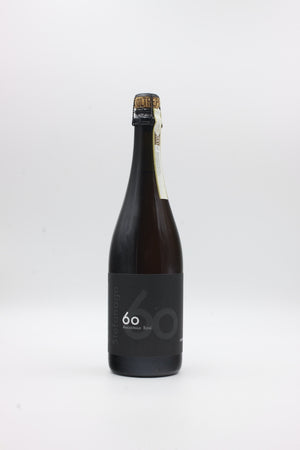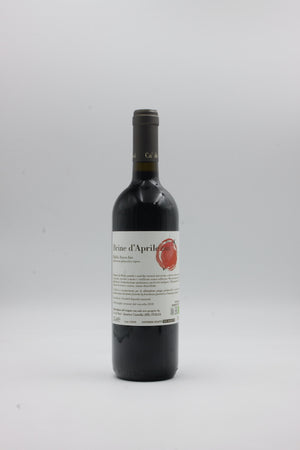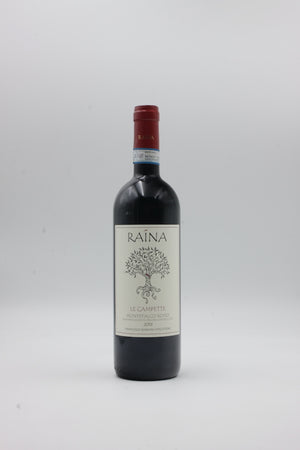- Home
- New Releases
- Raina: Montefalco Sagrantino Docg "Campo di Raina" 2017


Raina: Montefalco Sagrantino Docg "Campo di Raina" 2017
- €27,90
In the introduction to her book Natural Wine, which is well worth reading, Alice Feiring describes the difficulties of her first attempts at vinification: Little seems clear, with the exception of the choice of grape variety - unusually for an American, she was determined to make her debut with Sagrantino. She had good reasons for this: Sagrantino has character, strength and energy like almost no other variety. Wines made from it are demanding, but are also among the best red wines in Italy if they are made with meticulousness and flair.
Francesco Mariani proves the latter. He has been working with this grape variety for twenty years now. He is aware of the intensity of its tannins and the ever-increasing sugar levels, but he also knows how to handle them and steer them in the right direction. Beyond the perfect harvest time and a not too long maceration (15 days), he focusses above all on the time factor. The wine stays with him for four years before he releases it for sale. He spends three of these years in the barrel and another in the bottle. He does not filter or fining and sulphurises within the natural wine limits (<50mg/l).
Francesco's Sagrantino has power, body, tannins and alcohol and does not hide them. But it also has acidity, energy and juicy flavours that give the wine structure and drinking flow. It is dark, powerful and dense, already offering powerful drinking pleasure today, but will also easily stand up to the next ten years.
Data sheet
Grape variety: Sagrantino di Montefalco
Vineyard: In Montefalco, 230-300 metres above sea level, south-eastern exposure
Harvest: By hand
Fermentation: spontaneous | wild yeasts
Ageing: 24 months in large oak barrels, 12 months in steel tanks and 12 months in the bottle
Filtration: no
SO₂: < 50mg/l
Alcohol content: 15% vol.
Closure: Natural cork
Drinking temperature: 16-18 °C
Perfect drinking maturity: from now - 2040
Content and price per litre: 0.75 l/(€32.5/l)
All the winegrowers listed on Vinonudo work with compost, organic fertiliser and natural preparations in their vineyards and do not use herbicides, pesticides or artificial fertilisers.
Newsletter
Who knows more, tastes more. Once a week there is news about our wines, winegrowers and events.
© 2025 vinonudo | Shopify Theme by Mile High Themes | Powered by Shopify
